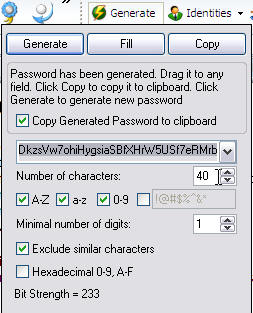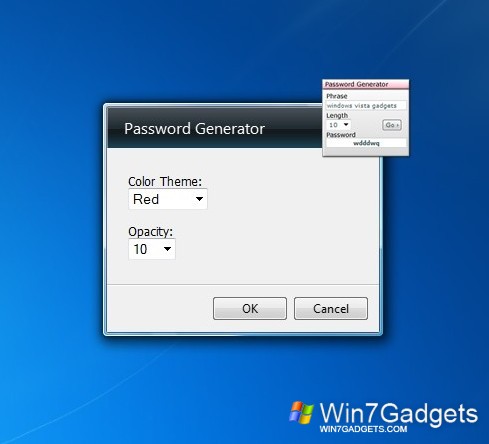

prepend PREPEND Append chosen word (prepend 'word' to all passwords) append APPEND Append chosen word (append 'word' to all passwords) cores CORES Manually specify processes/cores pool that you want to test TEST Output first N iterations (single process/core) h, -help show this help message and exit We can append the -h flag to see the help menu, which is a little more organized and informative: ~# python3 wordlister.py -hĪ simple wordlist generator and mangler written in python. That gives us some usage information and includes which arguments are required. Wordlister.py: error: the following arguments are required: -input, -perm, -min, -max Usage: wordlister.py -input INPUT -perm PERM -min MIN -max MAX

Now we can run the script with the python3 command: ~# python3 wordlister.py The script needs Python 3 to work correctly, so if it's not already installed, do so with the following command: ~# apt-get install python3 We can use the wget utility to retrieve it over HTTP directly from our terminal: ~# wget The first thing we need to do is download Wordlister from GitHub.

We will be working on Kali Linux to show off Wordlister, but any other Linux distro should suffice. CeWL could actually be a useful counterpart to Wordlister by feeding Wordlister the output of CeWL scraping a webpage, even more targeted password lists could be created. The tool works by spidering webpages and uses words from there to create custom password lists. Also, Crunch requires a flag to be set to limit duplicates, something that Wordlister handles automatically.ĬeWL is another popular wordlist generator, although it is a different beast altogether.


 0 kommentar(er)
0 kommentar(er)
